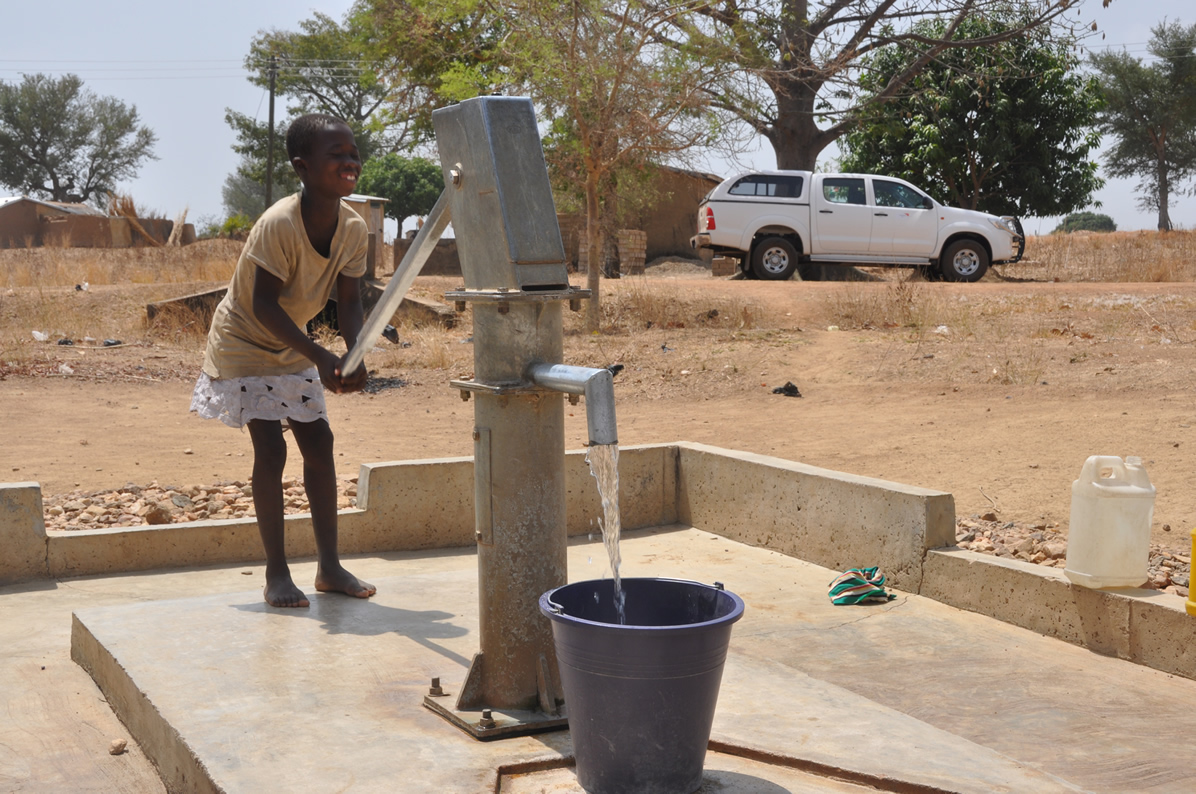Ghana has become the first country in the world to approve a highly effective R21/Matrix-M vaccine against malaria, developed at Oxford university in the United Kingdom, though questions remain over funding and also how or when the vaccine would be rolled out.
The vaccine, the first to exceed the World Health Organization’s (WTO) target of 75% efficacy, has been cleared for use in the West African country in children aged between five months and three years, the group at highest risk of death from malaria. “This marks a culmination of 30 years of malaria vaccine research at Oxford with the design and provision of a high efficacy vaccine that can be supplied at adequate scale to the countries who need it most,” said Prof. Adrian Hill from the Nuffield Department of Medicine at Oxford University.
There are high hopes that the R21/Matrix-M vaccine will play a significant role in combating a pathogen that still killed 619,000 people in 2021 – the vast majority children under five in Africa, according to WTO.
Yet, observers have warned it was “no silver bullet” in the complex fight against the mosquito-borne disease. In Ghana, where the disease is both endemic and perennial, an estimated 5.3m cases and 12,500 estimated deaths were recorded.
The WHO has yet to green-light the vaccine for widespread use and until it does there is a question mark over the amount of international funding available for it. The vaccine’s phase 3 trial is ongoing, but earlier trials have shown efficacy levels of 77%, a level maintained after a single booster dose given a year later. In contrast, the RTS,S vaccine, which the WHO recommended for use in a landmark move in 2021, has more modest efficacy levels. But questions around money remain. While malaria is better funded than many diseases, it is constrained – rolling out any new tool will likely lead to shifts in budgets.



